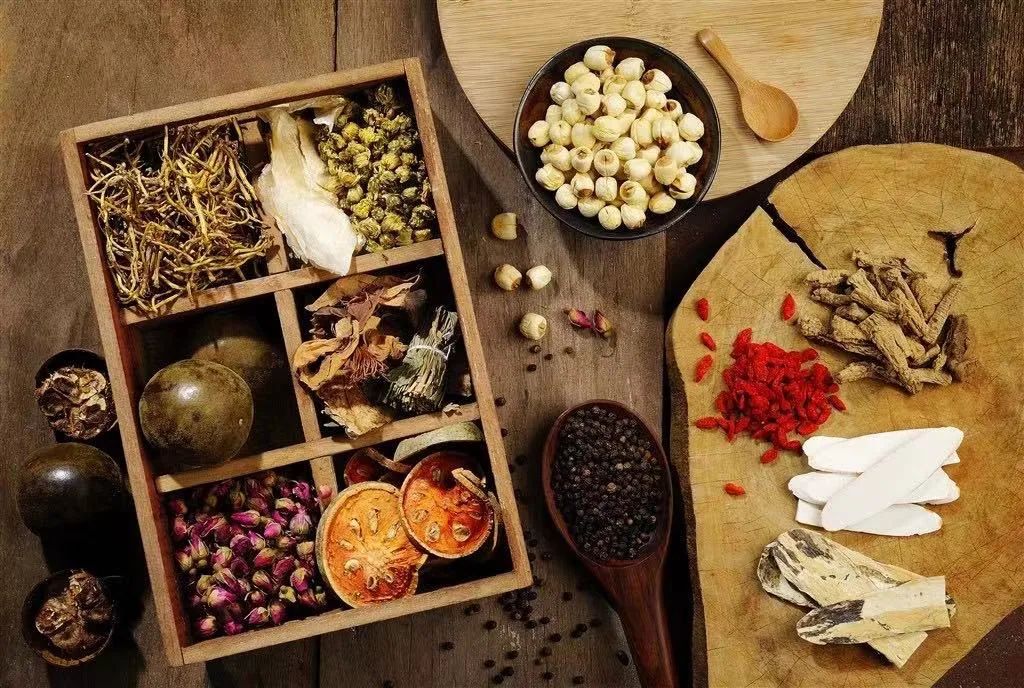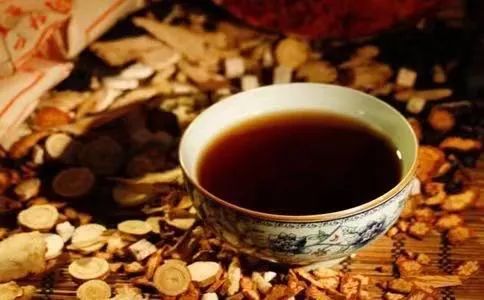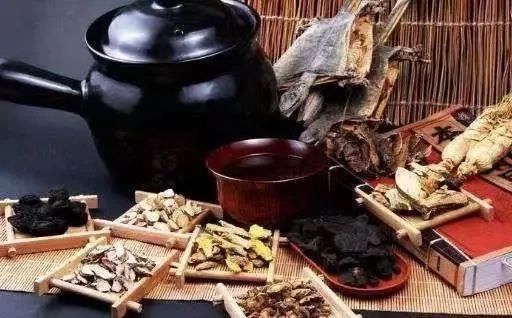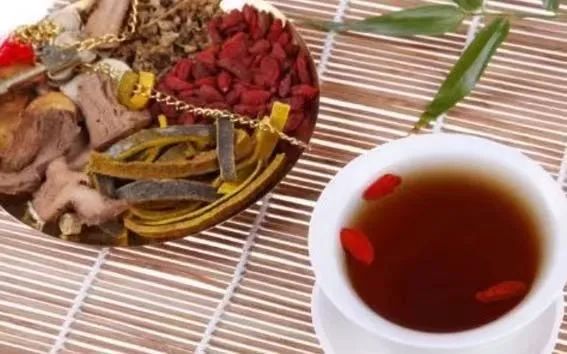Traditional Chinese Medicine (TCM) decoctions are effective agents for the clinical treatment of various diseases. Many individuals fail to achieve the intended therapeutic effects due to improper methods of administration, which can lead to ineffective treatment, reduced efficacy, and even delay in the progression of the disease. Therefore, the correct methods for taking TCM decoctions are crucial for promoting drug absorption, maximizing efficacy, and improving clinical outcomes.

Timing of Medication
The timing of taking the medicine can be generally categorized into on an empty stomach, before meals, after meals, before sleep, at regular intervals, and irregularly.

1. On an Empty Stomach is generally taken in the morning before eating. TCM herbs that have effects of breaking down accumulations and expelling parasites should be taken on an empty stomach. At this time, there is no food in the gastrointestinal tract, which effectively avoids mixing the medicine with food, ensuring effective absorption and efficacy of the medicine. 2. Before Meals is typically taken 15-30 minutes before eating. TCM herbs that nourish deficiencies, promote bowel movements, and treat gastrointestinal diseases are best taken before meals. This allows the medicine to quickly reach the small intestine for digestion and absorption. 3. After Meals is usually taken 30-60 minutes after eating. For some TCM herbs that irritate the gastrointestinal tract and those used to treat external pathogens, facial diseases, and upper jiao conditions, it is advisable to take them after meals. At this time, there is more food in the gastrointestinal tract, which helps to reduce the damage and irritation of the medicine to the gastric mucosa. 4. Before Sleep is generally taken 15-30 minutes before bedtime. TCM herbs that have calming effects, astringe essence, nourish yin, and promote bowel movements are best taken before sleep. 5. At Regular Intervals Certain diseases have characteristics of periodic onset, and TCM should be taken at regular intervals before the onset, such as bronchodilators and antimalarials, which should be taken 2 hours before an attack. 6. Irregularly TCM herbs that have effects of reducing fever, inducing sweating, and promoting bowel movements should be taken irregularly or frequently to fully exert their efficacy.

Dosing and Frequency
Generally, one dose per day is taken, with a decoction of about 200-300ml, divided into 2 doses. For children, the dosage is 1/3 of that for adults. 1. Divided Doses: Typically, one dose of TCM is taken daily, divided into 2-3 doses. 2. Alternate Day Doses: For chronic diseases, mild conditions, or when treating vomiting, it is suitable to take one dose of TCM every other day. 3. Single Dose: For acute diseases with severe conditions requiring rapid treatment and potent TCM, a single dose method is advisable to avoid damaging the body’s vital energy. 4. Frequent Doses: For lesions occurring in the esophagus, throat, etc., it is advisable to take small amounts frequently, even multiple doses in one day, to ensure the medicinal liquid slowly passes through the lesion site, fully exerting its efficacy.

Precautions 1. During the period of taking TCM, avoid spicy, irritating, cold, greasy, sweet, and seafood foods, and refrain from tea. 2. TCM and Western medicine should be taken separately, with an interval of 1 hour being advisable.

Taking TCM should be guided by a TCM practitioner, selecting appropriate methods based on the condition to fully exert the efficacy and achieve satisfactory therapeutic results.
